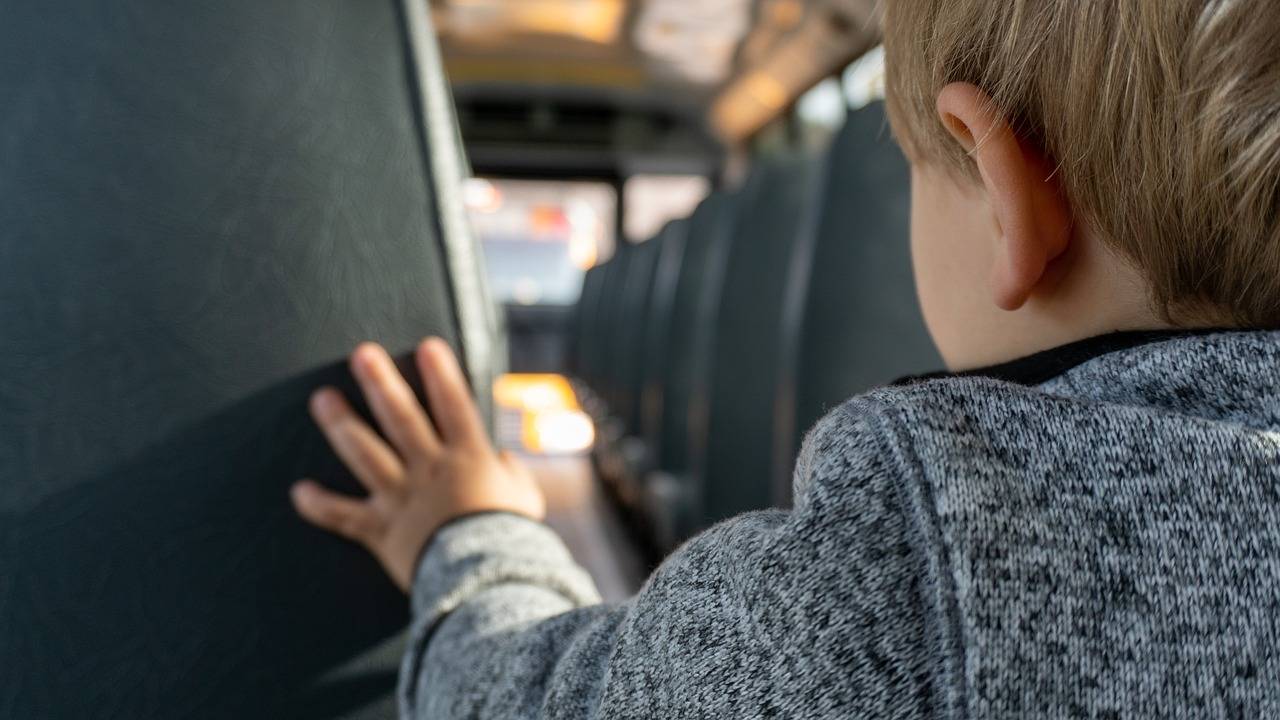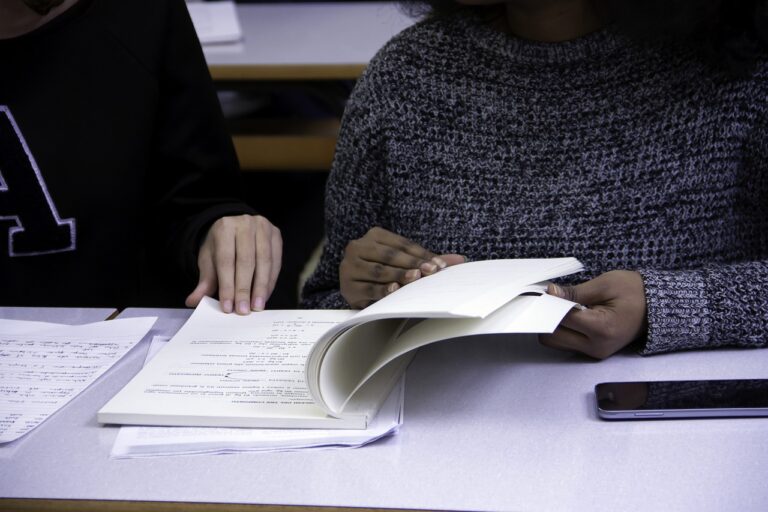The Role of Experiential Learning in Higher Education
Experiential learning in higher education offers students a hands-on approach to learning that goes beyond traditional classroom lectures. By engaging in real-world experiences, students can apply theoretical knowledge to practical situations, enhancing their understanding and skills in a more meaningful way. This type of learning promotes critical thinking, problem-solving, and decision-making abilities, which are essential for success in today’s competitive job market.
Moreover, experiential learning fosters a sense of independence and self-confidence in students as they navigate through challenges and uncertainties outside the confines of a textbook. The opportunity to work on projects, collaborate with peers, and interact with professionals in the field not only reinforces academic concepts but also cultivates valuable interpersonal skills. Through experiential learning, students develop a deeper sense of purpose and motivation, leading to increased engagement and a greater sense of fulfillment in their academic pursuits.
Challenges of Implementing Experiential Learning in Higher Education
Some faculty members may encounter resistance when attempting to incorporate experiential learning into their courses. This resistance can stem from a variety of factors, such as lack of awareness about the benefits of experiential learning, concerns about the additional time and effort required to design experiential learning activities, or skepticism about the effectiveness of this teaching approach. Faculty who are accustomed to more traditional lecture-based methods may also face challenges in adapting their teaching style to facilitate experiential learning experiences for students.
Another obstacle to implementing experiential learning in higher education is the need for adequate resources and support. Developing and implementing experiential learning activities often requires additional investments of time, funding, and institutional support. Faculty may need access to specialized training, technology, or external partnerships to effectively integrate experiential learning into their courses. Without these resources and support systems in place, faculty may struggle to successfully implement experiential learning initiatives in their classrooms.
What are the benefits of experiential learning in higher education?
Experiential learning in higher education helps students apply theoretical knowledge in real-world situations, enhances critical thinking and problem-solving skills, improves retention of information, and prepares students for their future careers.
What are some challenges of implementing experiential learning in higher education?
Some challenges of implementing experiential learning in higher education include limited resources, resistance from traditional faculty members, logistical issues in coordinating experiential opportunities, and the need for proper assessment methods to measure student learning outcomes.
How can higher education institutions overcome the challenges of implementing experiential learning?
Higher education institutions can overcome the challenges of implementing experiential learning by investing in resources and support for faculty members, integrating experiential learning opportunities into the curriculum, establishing partnerships with industry and community organizations, and continuously evaluating and improving the effectiveness of experiential learning programs.
Are there any best practices for successfully implementing experiential learning in higher education?
Some best practices for successfully implementing experiential learning in higher education include aligning experiential activities with learning objectives, providing clear guidelines and expectations for students, offering structured reflection opportunities, and fostering collaboration between students, faculty, and external partners.





